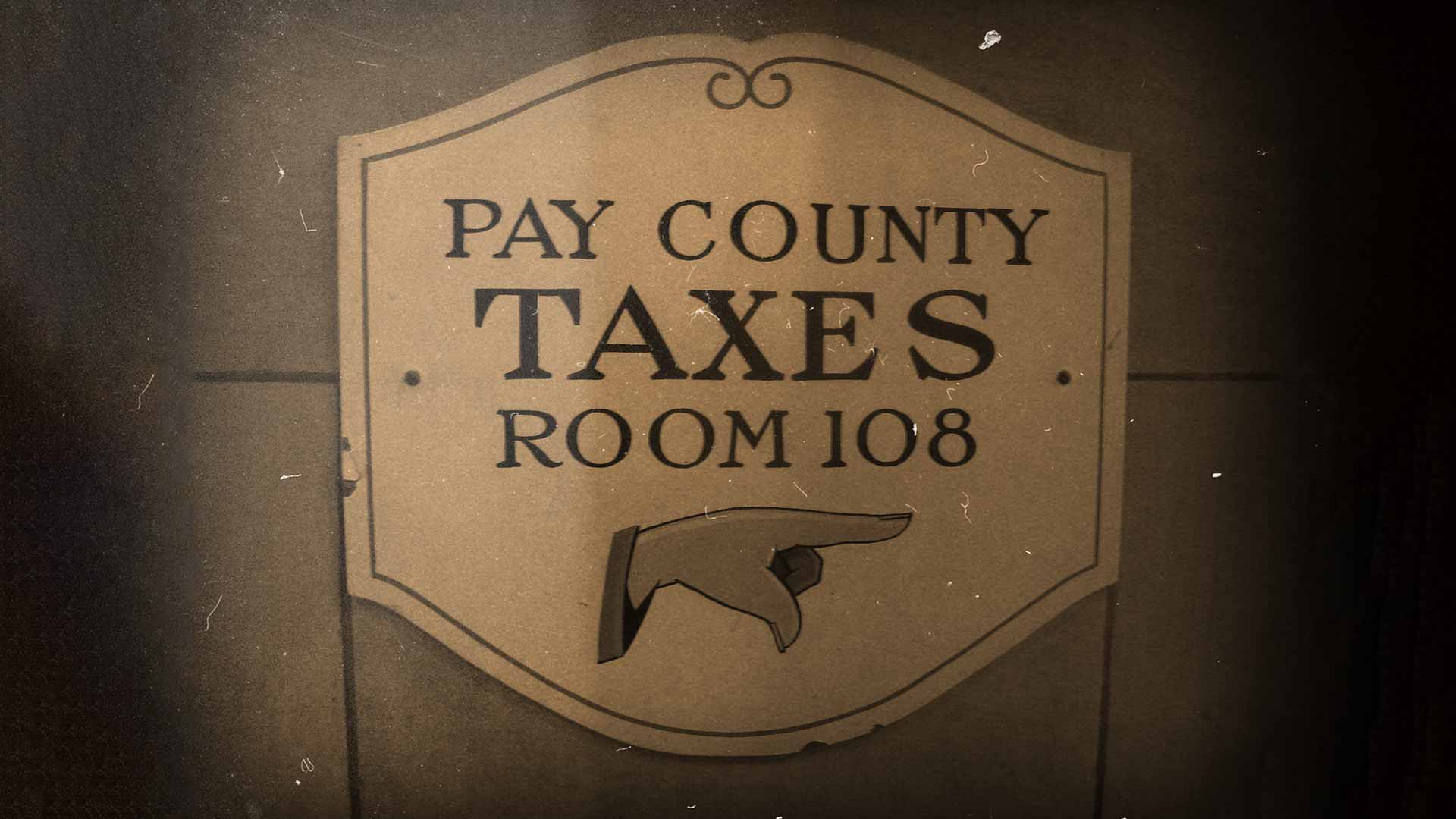While the thrust of their proposals was directed towards preventing the use of the principal residence exemption (“PRE”) by non-residents as well as limiting its use for properties owned by certain trusts, all taxpayers who own a residence and use it (or a portion thereof) for their personal use will be affected by these proposals.
Prior to this announcement, the Canada Revenue Agency (“CRA”) had a long-standing administrative position which allowed the majority of home sales to go unreported where there was no capital gains tax owing on the sale.
With this announcement, all principal residence sales must now be reported, regardless of whether they are fully exempt from tax. This applies to sales which occur in the 2016 and subsequent taxation years. Taxpayers will have to report the sale on schedule 3 of their tax return for the year in which the property is sold. If the property was your principal residence for every year that you owned it, you will make a principal residence designation on schedule 3. The CRA has indicated that you will need to include the following information when reporting the sale of a principal residence:
- The year that the property was acquired;
- The proceeds of disposition and related selling costs of the sale;
- A description of the property that was sold.
For the sale of a principal residence in 2016 or later tax years, the CRA will only allow the PRE if you report the sale and designation of the principal residence in your income tax return. The proposed changes will allow the CRA to reassess a return after the end of the normal reassessment period for a gain on disposal of a property where the taxpayer did not initially report the disposition. The CRA may accept a late filed principal designation but penalties may apply. These penalties can range from $100 for each month that the designation is late up to a maximum of $8,000. Therefore, accurately reporting the sale of a principal residence is now of utmost importance.
This change also applies to deemed dispositions of property including situations where you change all or part of your principal residence to a rental or business operation or vice versa.
The required schedule 3 reporting of all residence sales will allow the CRA to more easily identify and audit those sales that might not qualify for the PRE, such as;
- Claiming a PRE on sale of a second residence, such as a seasonal cottage property where those particular years of ownership have already been designated towards another principal residence,
- Home builders or renovators (“flippers”) who may have taken advantage of the PRE to shelter short-term profits on sale of those residences which should have been reported as business income.
The CRA has provided more information for individuals on this important change on their website.
For more information on this topic, please contact your McCay Duff advisor.
Contact Us




